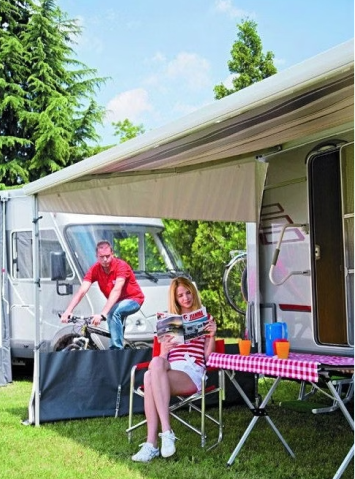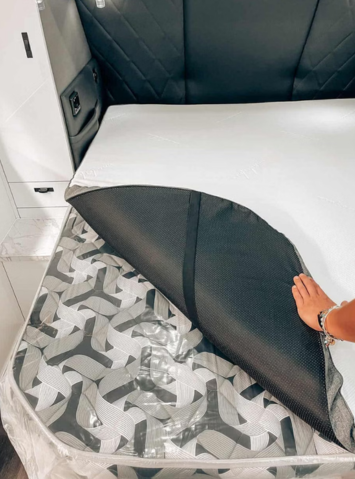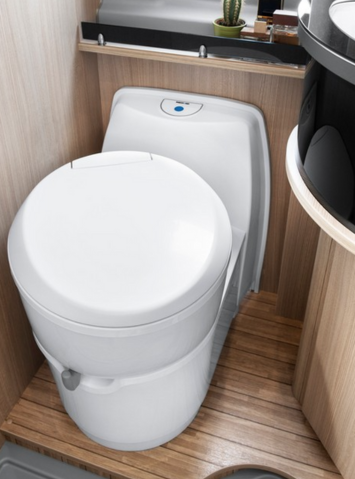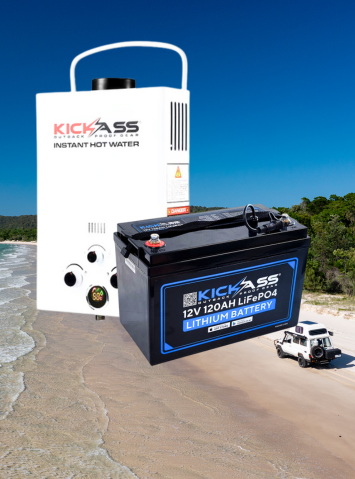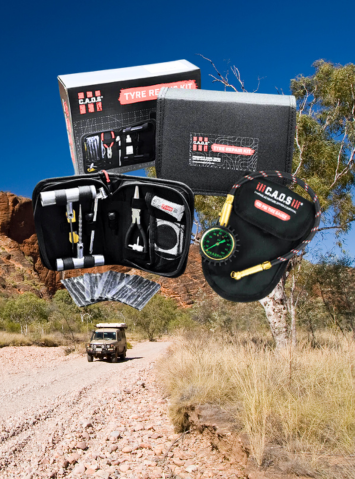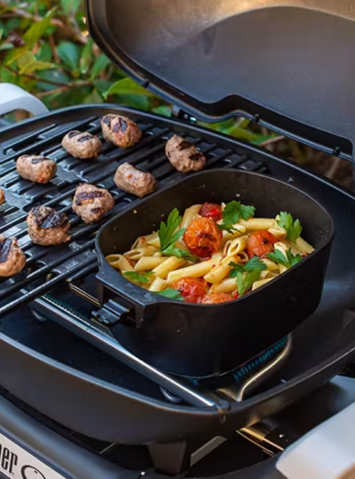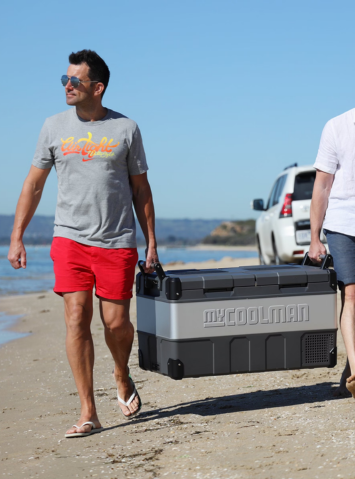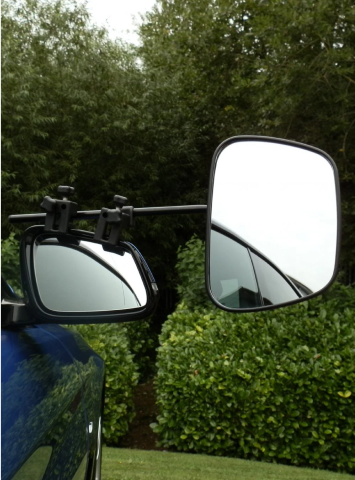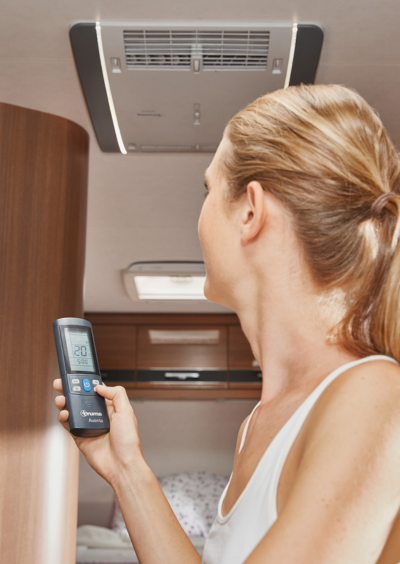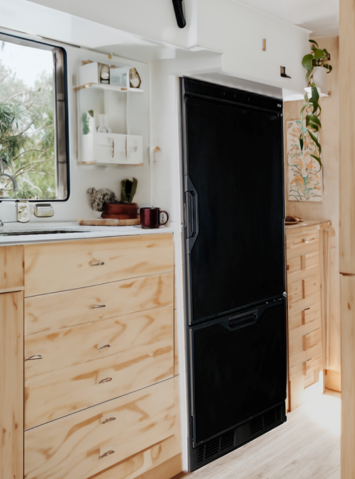Bialetti is the world's largest manufacturer of domestic coffee makers.
In 1933, Bialetti produced the first Moka Express Stove-top Espresso Maker - a simple yet delicious way to make coffee. Now it is estimated that somewhere in the region of 120 million cups of coffee are made every day using this design of coffee maker.
The VENUS has all the features of the Moka Express with one major difference its made from 18/10 stainless steel. The VENUS is stronger and more durable than an aluminium stove-top espresso maker and is even easier to clean as its dishwasher safe.
- Body made from high quality, glossy 18/8 stainless steel
- Stay-in-cool Bakelite handle and knob
- Safety Valve
- Multi cooktop compatible, including induction
- Ergonomically designed
- Self cleaning valves
- Care and use Instructions on Box
- 1 cup = approx. 60ml of espresso coffee
How to make the perfect espresso.
Fill the boiler (marked A in the diagram) with water almost up to the safety release valve and insert the funnel-shaped metal filter (B). Add finely-ground coffee to the filter as shown below. Tightly screw the upper part (C, which has a second metal filter at the bottom) onto the base. Place the pot on a suitable heat source, bring the water to its boiling point, and thereby create steam in the boiler.
A gasket ensures a tightly closed unit and allows for pressure to safely build up in the lower section, where a safety valve provides a necessary release in case this pressure should get too high (with clean filters, that should not happen). For best results, fill up the entire filter with coffee and place over medium to medium-high heat.
The steam eventually reaches a high enough pressure to gradually force the surrounding boiling water up the funnel through the coffee powder and into the upper chamber (C), where the coffee is collected. When the lower chamber is almost empty, steam bubbles mix with the upstreaming water, producing a characteristic gurgling noise.
As with percolators, the pot should not be left on the stove so long that the coffee boils. Ideally, with a little practice, it should be removed from the heat before it actually starts gurgling - usually, when only about half of the top chamber has been filled.

The bottom chamber (A) contains water. When heated, steam pressure pushes the water through a basket containing ground coffee (B) into the collecting chamber (C).
